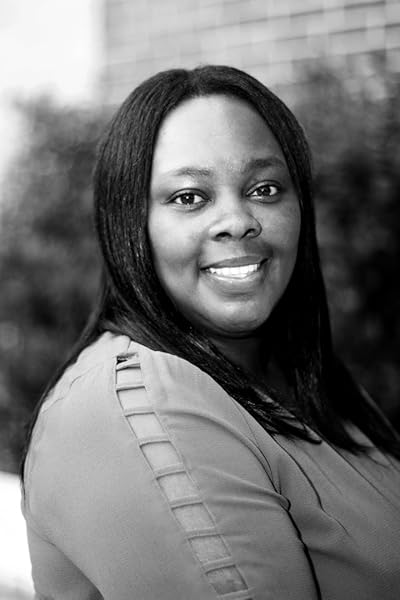
In 1913, an eleven-year-old girl from rural Oklahoma became one of the richest children in America — and one of the most talked-about. Her name was Sarah Rector, and her story would defy race, class, and expectation in a nation still struggling to define freedom and equality.
Sarah was born in 1902 to Joseph and Rose Rector, descendants of enslaved Africans once held by members of the Muscogee (Creek) Nation. The family lived humbly in Indian Territory, where life was hard but close-knit. When Oklahoma became a state, every member of the Creek Nation — including freedmen like the Rectors — received an allotment of land under the Dawes Act. Most of these plots were rocky and barren, nearly worthless for farming. Sarah’s 160-acre parcel near Twine was valued at just $556.50, a meager inheritance for a girl growing up poor.

To pay the annual $30 property tax, Sarah’s father leased her land to the Devonian Oil Company in 1911. For two years, nothing happened. Then, in 1913, everything changed. A driller struck oil — not just a small well, but a gusher producing 2,500 barrels a day. Overnight, Sarah became wealthy beyond imagination. Her daily income soared to $300 — over $9,000 a day in today’s money.
The news spread quickly, capturing headlines around the world. In a time when segregation ruled and racial violence raged, the idea of a young Black girl becoming a millionaire upended everything white America thought it understood about race and success. But fame came with complications.

Almost immediately, newspapers spun wild stories about her fortune. Some questioned how an African American family could manage such wealth. Others published false claims that Sarah lived in poverty while white guardians misused her money. Although her family lived comfortably in a new five-room home and owned a car — a rarity for the time — the gossip persisted.
Booker T. Washington and W.E.B. Du Bois took notice, demanding investigations into Sarah’s welfare. Under pressure from white authorities, her guardianship was transferred from her parents to a local white businessman, T.J. Porter, supposedly to “protect” her wealth — a decision that reflected deep racial mistrust.
Meanwhile, letters poured in from strangers across the country: offers of marriage, business proposals, even pleas for charity. Sarah, barely twelve, was a celebrity she never asked to be.

Her parents shielded her as best they could, sending her to Tuskegee Institute in Alabama — the prestigious school founded by Booker T. Washington. There, she studied in peace, surrounded by other Black students who, like her, dreamed of progress through education and perseverance.
When she turned eighteen in 1920, Sarah finally gained full control of her estate. She was already a millionaire, with money invested in oil wells, land, businesses, and stocks. She owned a boarding house, a café, and more than 2,000 acres of rich farmland. But managing wealth as a young Black woman in early 20th-century America was never simple. She faced lawsuits, tax disputes, and media scrutiny that rarely left her alone.
Sarah and her family eventually moved to Kansas City, Missouri, where they bought a grand home that came to be known as the Rector Mansion. It stood as both a symbol of triumph and a reminder of how hard-won her success had been. She married businessman Kenneth Campbell in 1922, and the couple had three sons before divorcing eight years later. She later married William Crawford, a restaurateur, and continued to live quietly, focusing on her family and community.

Though her fortune declined over time due to mismanagement and the natural depletion of her oil fields, Sarah remained financially secure throughout her life. She passed away in 1967 at the age of 65, still owning working oil wells and property — a testament to her resilience.
Sarah Rector’s life remains one of the most extraordinary in American history — a story of a young girl who became a millionaire in a world that told her she couldn’t, and who managed to rise above exploitation, racism, and greed with dignity and strength.
She began life in a cabin worth less than $600.
She ended it as a woman who had changed the definition of possibility.
Her story is not just about oil or money — it’s about courage, perseverance, and the quiet power of knowing your worth when the world insists otherwise.




